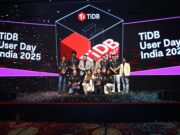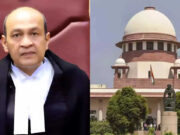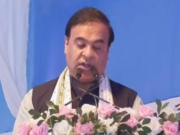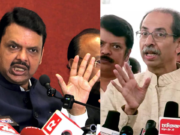The surprise November dismissal of OpenAI’s CEO Sam Altman over an alleged communication breakdown triggered a crisis at the startup behind ChatGPT, in which employees threatened to resign en masse and go work for Microsoft, which is backing OpenAI with billions of dollars.
Elevate Your Tech Prowess with High-Value Skill Courses
| Offering College | Course | Website |
|---|---|---|
| MIT | MIT Technology Leadership and Innovation | Visit |
| Indian School of Business | ISB Product Management | Visit |
| Indian School of Business | ISB Professional Certificate in Product Management | Visit |
“I’m comfortable. I have no issues with any structure,” Nadella said at a Bloomberg News event on the sidelines of the World Economic Forum’s annual meeting in Davos.
OpenAI’s board, charged with protecting the startup non-profit’s mission to develop powerful artificial intelligence that benefits humanity, ultimately restored Altman days later and now is in the process of filling out its membership.
“I expect us to make a lot of progress on that in the coming months,” OpenAI CEO Altman said at a later Bloomberg event in Davos. “And then after that, the new board will take a look at the governance structure.”
“We’ll go look at it from all angles,” he said.
Discover the stories of your interest
Microsoft has now secured a non-voting observer position on the OpenAI board. Competition authorities in Europe, Britain and reportedly the United States have started looking closely at the Microsoft-OpenAI relationship. Their agreement guarantees the Windows maker large chunks of the startup’s profits depending on certain conditions, a person briefed on the terms has said.
According to Nadella, the fact that Microsoft does not fully own OpenAI distinguished their deal in a pro-competitive way.
“Partnerships is one avenue of, in fact, having competition,” he said.
Microsoft’s investments in computing power and years-old bet on OpenAI before its ChatGPT fame, Nadella said, were a “highly risky bet” and “not all conventional wisdom”.



































